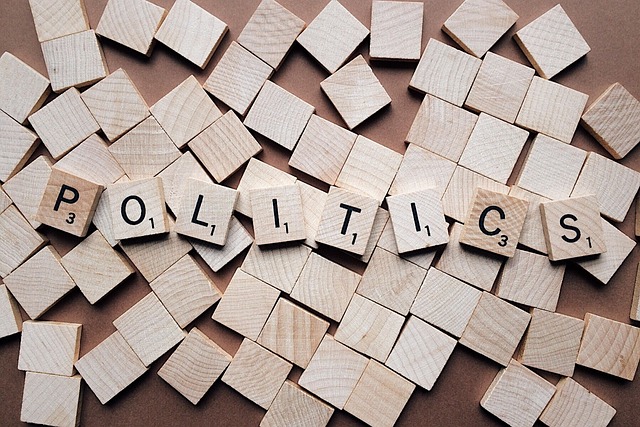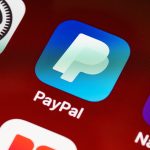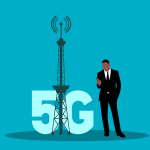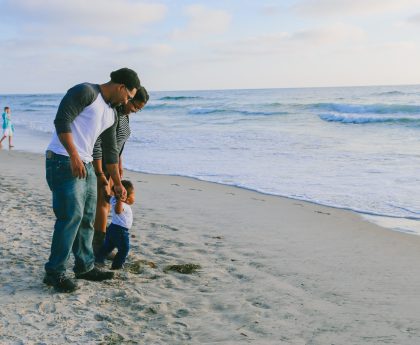Dillema Rouseff
Dilemma was the first female elected as the president of Brazil. She was born on 14 December 1947. Her father was a Barbadian whereas her mother was a Brazilian. Since her childhood, she was not a fan of Brazilian military dictatorship. So at the age of 20, she joined the Guerilla group to fight against cruel dictators and introduce democracy in Brazil.
Hence, she even survived 3 years of prison and torture for her rebellious behavior. After returning from the capture and completing her college degree in 1980, she helped to find a Democratic Labor Party. In 2000. She joined the worker party and soon was appointed as the Minister of Energy by President Lula.
In 2005, she was considered the chief staff of the president. Then finally in 2010, she earned the title of the first female President of Brazil. She was the 36th president of Brazil. However, a few years after taking the government, she was charged with corruption and government fund embezzlement and was soon removed from the governance. In her era, her focus mainly revolved around human rights, multilateralism, peace, and nonintervention. And this struggle made her appear as one of the most successful politicians in history.
Imran Khan
Imran Khan, a renowned Pakistani Politician, and former Cricketer, has left an indelible mark on both sporting and political arenas. Born on 5, 1954 in Lahore, Pakistan, Khan’s journey began as a talented cricketer. He captained the Pakistan national cricket team and led them to a historic victory in the 1992 Cricket World Cup. His immense leadership skills and determination earned him immense respect both on and off-screen.
After retiring from cricket, he transitioned into politics and founded the political party Tahreek-e-insaaf/ He aimed to bring about positive change in Pakistan by focusing on key issues such as corruption, poverty, and education. And finally, his charisma, dedication, and popularity earned him the title of the Prime Minister of Pakistan in 2018.
However, since his election as prime minister, he was dragged into the charge of creating financial instability in the country. And then the coalition of the opposition parties caused him to leave office in 2022 through a non-cooperation movement. But he is still seen as a hero in many countries of the world.
Xi Jinping
Xi Jinping is the current president of China. He assumed office in March 2013 and has since played a significant role in shaping China’s domestic and foreign policies. Born on 15 June 1953, in Beijing, He comes from a prominent political family. His father, Xi Zhongxun, was a revolutionary and the former vice premier of China.
Xi Jinping’s political career began in the early 1970s when he joined the Communist Party of China. Over the years, he held various positions within the party, steadily rising through the ranks. Before becoming President, Xi served as the vice president of China and the general secretary of the CPC.
Under Xi’s leadership, China’s ambitions focused on economic development, poverty alleviation, and social reforms. Although he had also focused on strengthening the army, his presidency has also been marked by a tightening political control and restriction of civil liberties. The government had faced criticism on handling issues such as freedom of speech and expression.
His tenure has a mix of success in economic reforms, assertive foreign policy, and increased centralized power within the Chinese Communist Party.
Donald Trump
Donald Trump is a prominent figure in American Politics. Born on June 14, 1946, in Queens, New York, he built a successful career as a real estate developer and businessman before entering politics. Trump gained fame as the host of the reality TV show “ The Apprentice”.
In 2016, he ran as the Republic’s candidate for president and won the election, defeating Democratic candidate Hillary Clinton. During his presidency, he pursued a range of policies including tax cuts, deregulation, and immigration reforms.
His presidency was marked by a focus on “America First” policies, which aimed to prioritize American interest in trade, foreign policy, and immigration. He also sought to strengthen border security and negotiate international trade agreements such as NAFTA, leading to the creation of USMCA.
However, his presidency faced controversies and polarization as well. This led him to face impeachment proceedings twice, first in 2019 and second in 2021. Although people credit him for revitalizing the economy, cutting taxes, and prioritizing American interests, he is also criticized for his policies, and rhetoric exacerbated divisions and undermined democratic norms. But still, after leaving office, he is a prominent figure in the Republic party.
Manuel Valls
The manual has a long and influential political career in France. He was born on 13 August 1962, in Barcelona, Spain, and later became a French citizen. Valls started his political journey as a member of a socialist party and held various positions within the party.
In 2001, he was elected as the mayor of Evry, a suburb of Paris, and he served in that position until 2012. During his tenure, he focused on Urban development and improving the life quality of residents. His rise to international prominence came when he was appointed as the prime minister of the Interior in 2012 under President Francois Hollande. In this position, he prioritized security and took a tough stance on crime and terrorism.
In 2014, he was appointed as the prime minister of France, succeeding Jean-Marc-Ayrault. As prime minister, he faced several challenges, including economic reforms and addressing the threats of terrorism. He implemented labor reforms aimed at boosting the economy, but these measures raised significant opposition and led to protests. Despite his efforts, Valls’s popularity declined, and he faced criticism from both the left and the right. In 2016, he resigned as Prime Minister after declaring his candidacy for French Presidency.
However, he failed in securing the nomination from the socialist party and later ran as an independent candidate. But unfortunately, he couldn’t pass the final round of the Presidential elections.




